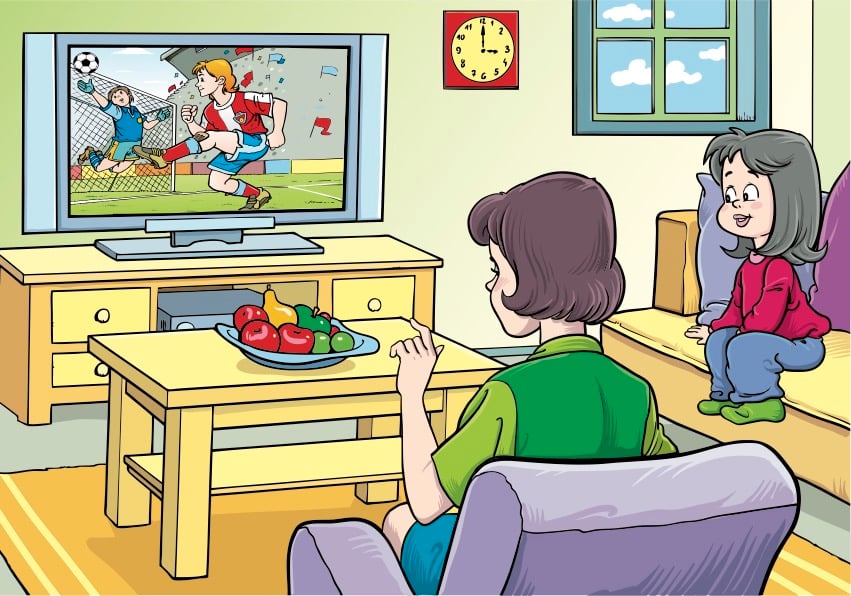
Campaign Middle East asked several industry experts their take on the question: How has the portrayal of gender within advertising affected you?
Here’s what they had to say:
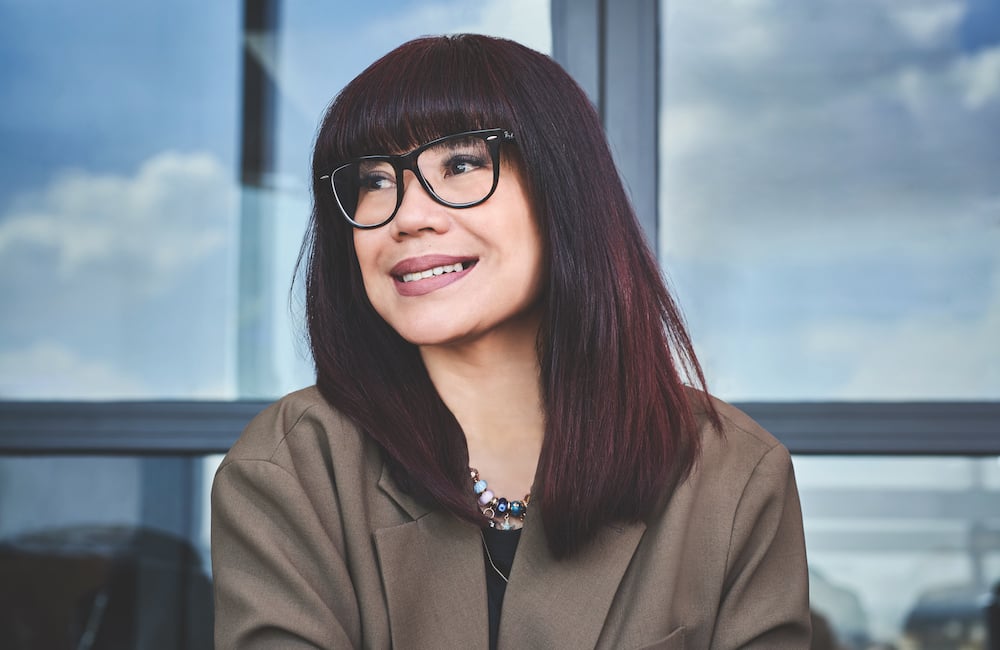
Frances Bonifacio
Head of Strategy, Serviceplan Group Middle East
That’s a well-timed question. You see, the Paris Olympics tried to push the envelope on gender representation at the opening ceremonies but ended up mailing it to the wrong address. Thank heavens for the likes of Coca-Cola’s It’s Magic When the World Comes Together’. The stakes were redeemed with nostalgic, fizzy celebrations of camaraderie and real connections among women Olympic rivals. It was raw, real, and magical that I found myself smiling with Tatiana Schoenmaker as she reached out to her rival for a warm, endearing hug. Proof that whether you’re racing in the pool or raising a glass of soda, we’re all better when we come together.
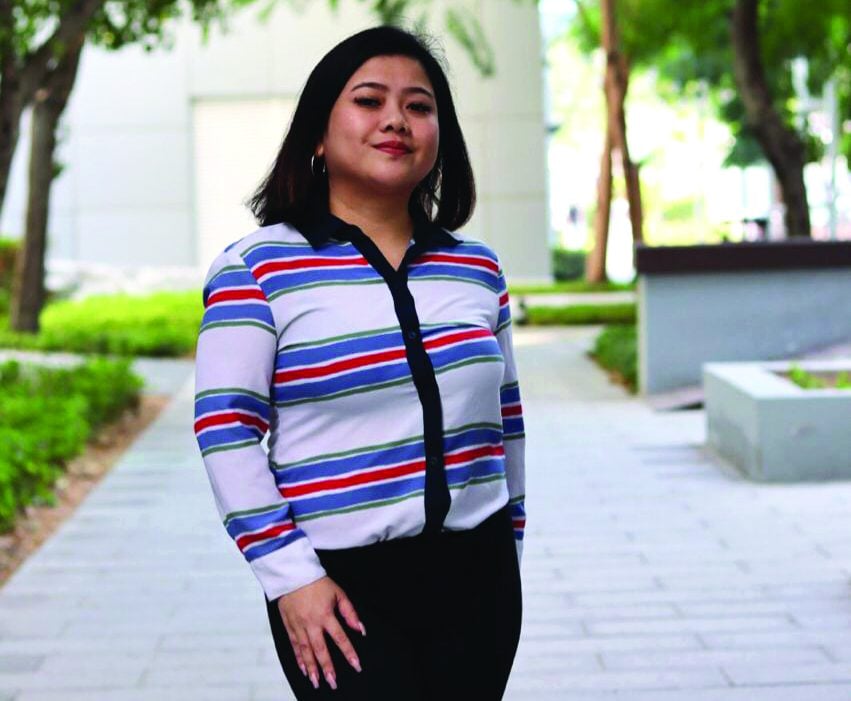
Windalyn Goma
Account Executive, Active DMC
I’d say the portrayal of gender in UAE marketing has seen some positive changes over the past year. I’ve noticed more campaigns embracing diverse gender identities and moving away from old stereotypes, which feels refreshing. However, there are still moments when outdated views pop up. Overall, it’s encouraging to see progress, but there’s more work to be done to make sure gender representation is both respectful and accurate.
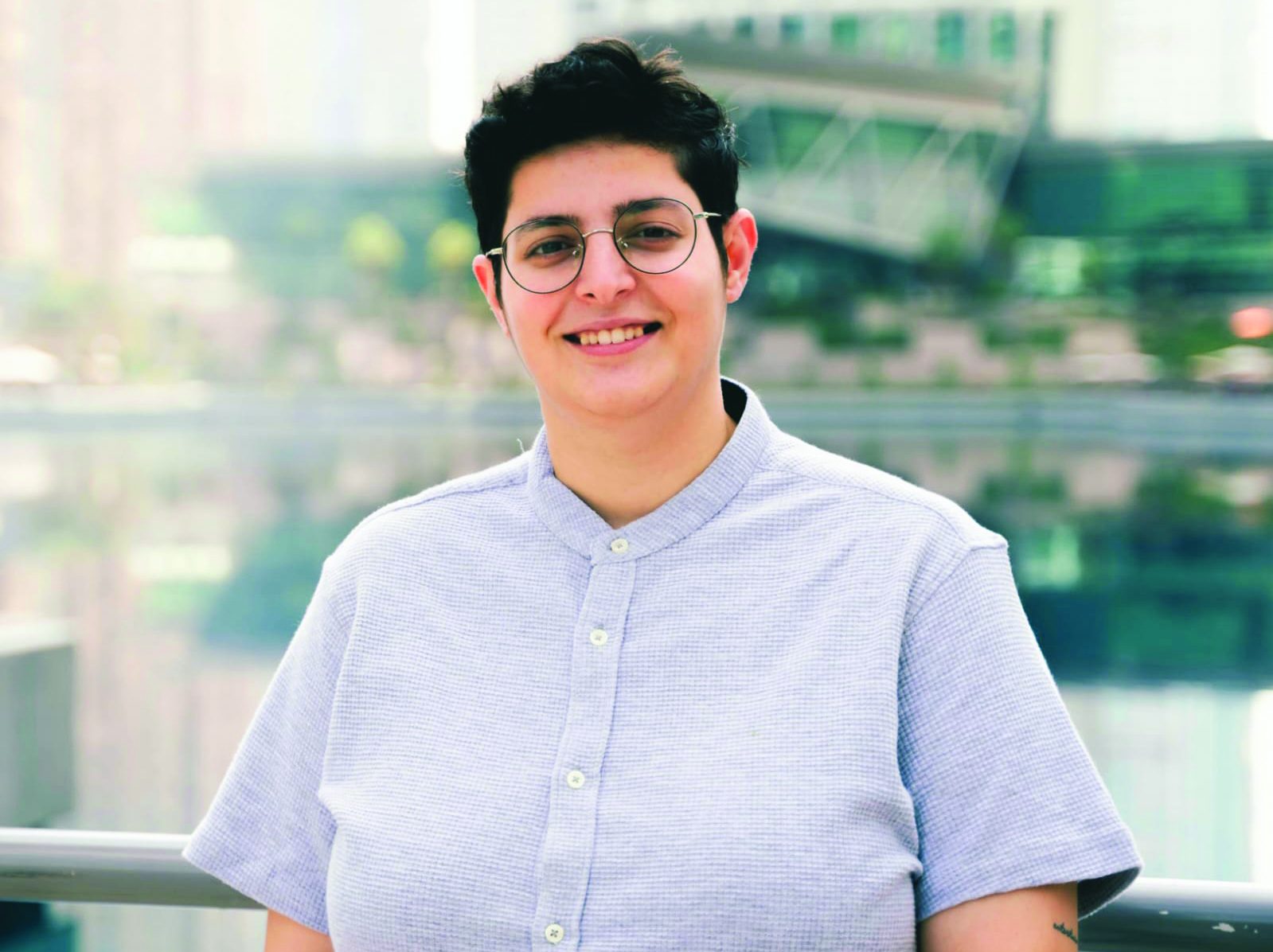
Jana Abou Shakra
Social Media Manager, Netizency
Gender portrayal in advertising has seen progressive strides in the region. We’ve witnessed this in some of the campaigns our clients have run, including Visa’s ‘She’s Next’ and Lenovo’s ‘Her Legion Clan’. These campaigns embrace a more inclusive narrative, recognising the achievements of women in different roles and industries. As social media managers, we see the impact of these campaigns first-hand, with positive sentiment increasing when creative content aligns with real-world diversity and inclusivity. But there’s still a long way to go, especially in traditional advertising, where women and men tend to still be portrayed in stereotypical roles. Recognising and addressing these stereotypes can lead to a more inclusive media landscape and better representation.
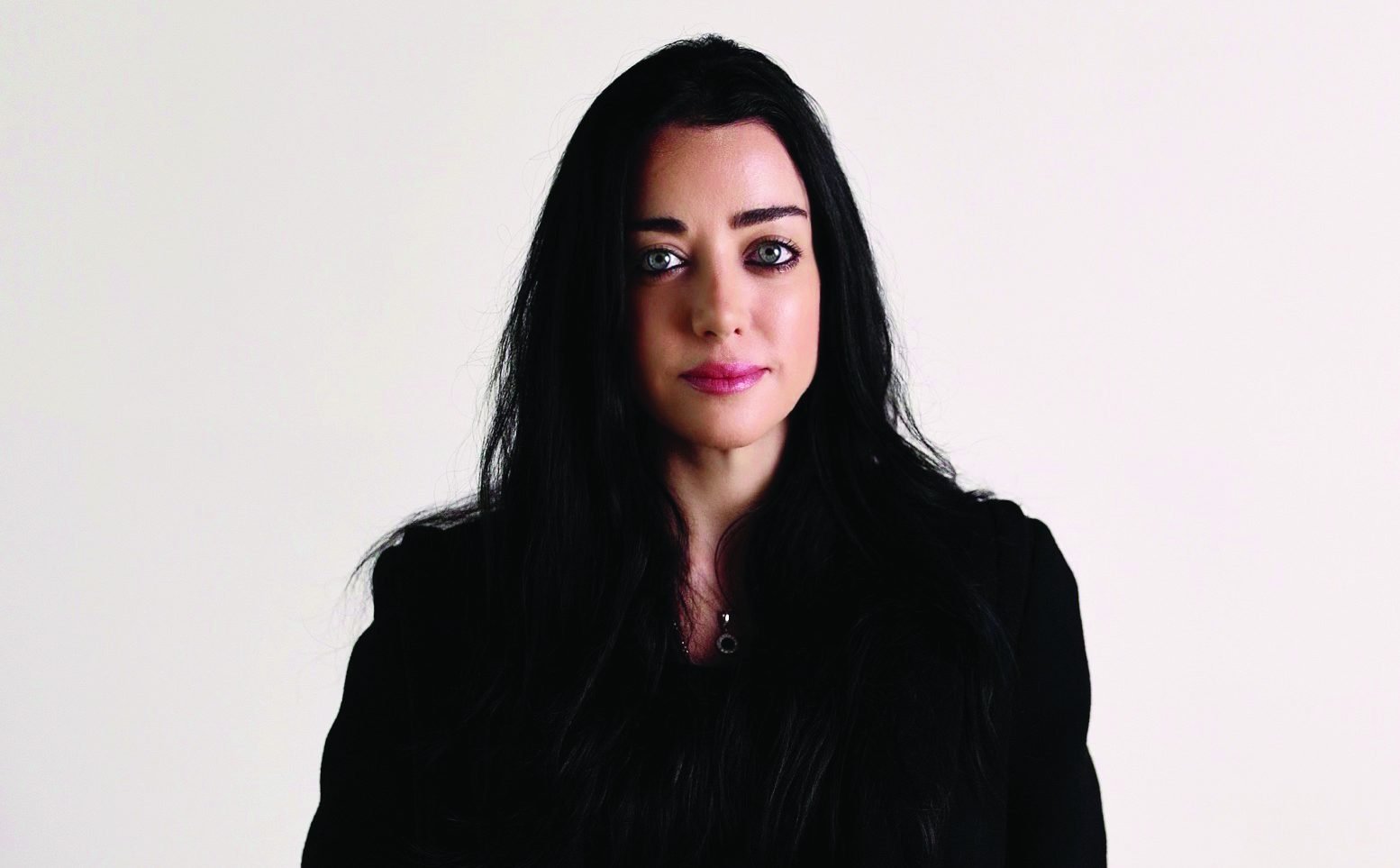
Romy Abdelnour
Head of Communications, TBWA\RAAD
Over the past year, there has been a noticeable and conscious shift towards a more inclusive portrayal of gender in advertising, with a stronger focus on diverse representation. It’s becoming increasingly common to see ads that showcase women in positions of power, strong and muscular female athletes, and achievers who break away from traditional gender stereotypes. This year, we’ve seen women take the spotlight in Super Bowl ads, which historically hasn’t been the norm.
Major brands such as Nissan Middle East have embraced this shift, placing women at the forefront of their campaigns and overall communication. By defying the ordinary in an industry traditionally dominated by men, they’ve reinforced their commitment to gender equity.
For instance, on Emirati Women’s Day, Nissan celebrated trailblazers, including Huda Al Matroushi, the first Emirati female mechanic. This month, Nissan’s latest brand campaign continues this trend, featuring female pioneers such as Mishaal Ashemimry, the first female aerospace engineer in the GCC; Reem Al-Kuthairi, the first female sports pilot in the Middle East; Nayla Al Khaja, the first female Emirati filmmaker; and Carla Chamoun, the first Lebanese singer to perform with Hans Zimmer. These women embody the ‘Defy Ordinary’ ethos, setting new benchmarks for the world. The Defy Ordinary brand campaign also reflects equal representation by showcasing male achievers like Faisal Jawad, the Guinness World Record holder for fastest scuba diver, and Ali Al Jabri, the first Omani sculptor with global recognition.
Ads are also beginning to show men embracing vulnerability, a much-needed change. A powerful example of this is the ‘Stronger’ campaign launched by TBWA\Hunt\Lascaris to promote the Riky Rick Foundation. The campaign used music and AI to tell the story of Riky Rick, a South African singer and rapper who lost his battle with mental illness and took his own life. The campaign aims to ensure Riky’s legacy lives on, continuing to inspire others and giving a voice to those struggling with mental health issues.
Despite these positive strides towards a more inclusive portrayal of gender, there is still much work to be done. Brands must be held accountable, as they play a critical role in driving real change and ensuring these portrayals are authentic and truly representative of the diversity and complexity of gender today.
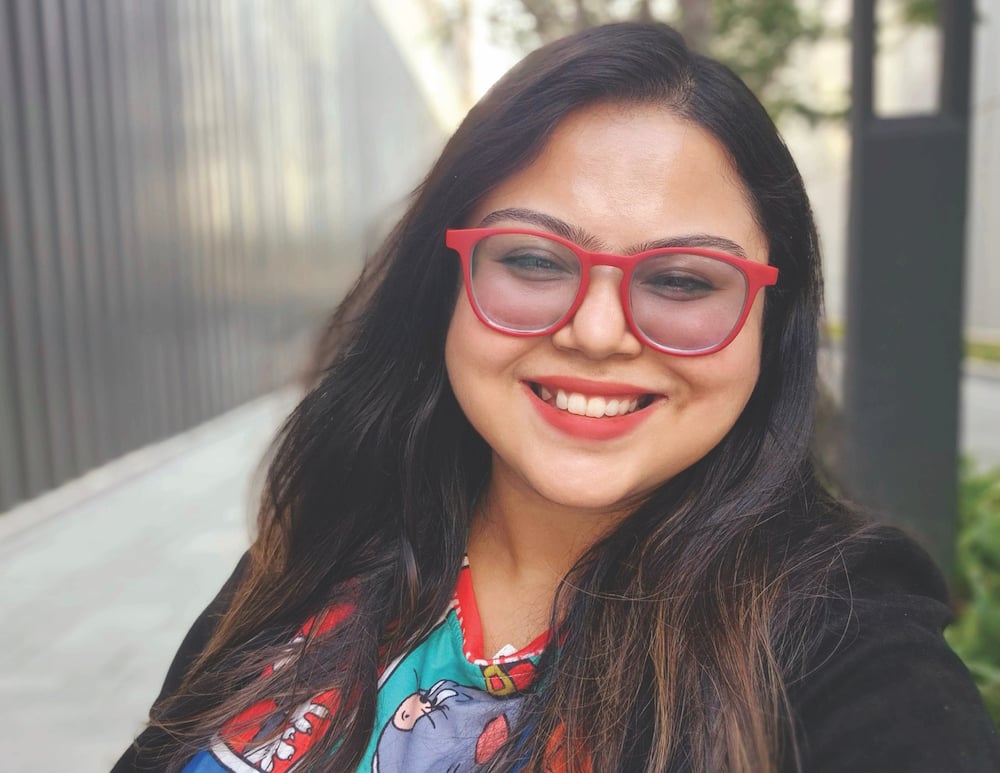
Debalina Chowdhury
Copywriter, Cheil MENA
It’s cool to live in an era when brands such as Gillette and Axe have changed their positioning to be more inclusive. So many brands now represent women in a positive, wholesome, and empowering way, not restricting themselves to stereotypical roles. I loved the 2023 FIFA Women’s World Cup ad, which used AI to challenge gender perceptions in sports, and Ariel’s sixth ‘Share The Load’ edition addressing inequitable chore distribution. I worked on Samsung’s ‘Beyond Limits’ campaign featuring Amna Al Qubaisi, the first Emirati woman racer, showcasing her journey of breaking stereotypes. I’m glad to be able to contribute to the changing ad scene.
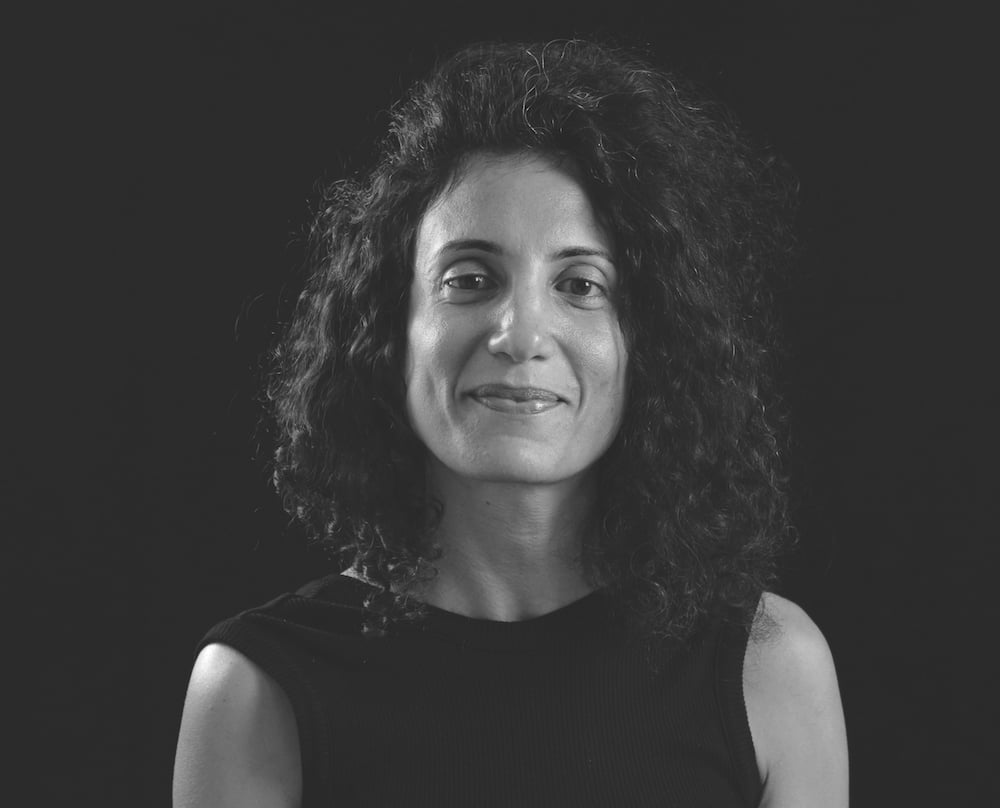
Sarah Berro
Senior Creative Director, VICE Media Group
It’s encouraging to see more women in leadership roles in advertising, signalling a positive shift in the industry, However, true leadership transcends gender, and it’s concerning when it doesn’t. Diverse perspectives are essential for genuine innovation and progress – both in leadership and in the work produced.
While progress within advertisements is evident, particularly in sports campaigns like Nike’s ‘What If You Can’, featuring Dur Bali, outdated gender roles still linger. For example, the rarity of men baking without the implied assistance of a female. To truly advance in gender equality, brands must consistently engage in meaningful efforts, beyond the superficial. Female empowerment in advertising isn’t just about influencing purchasing decisions; it’s about advocating for real social policies and practices that improve women’s well-being and working conditions, setting them up for success.
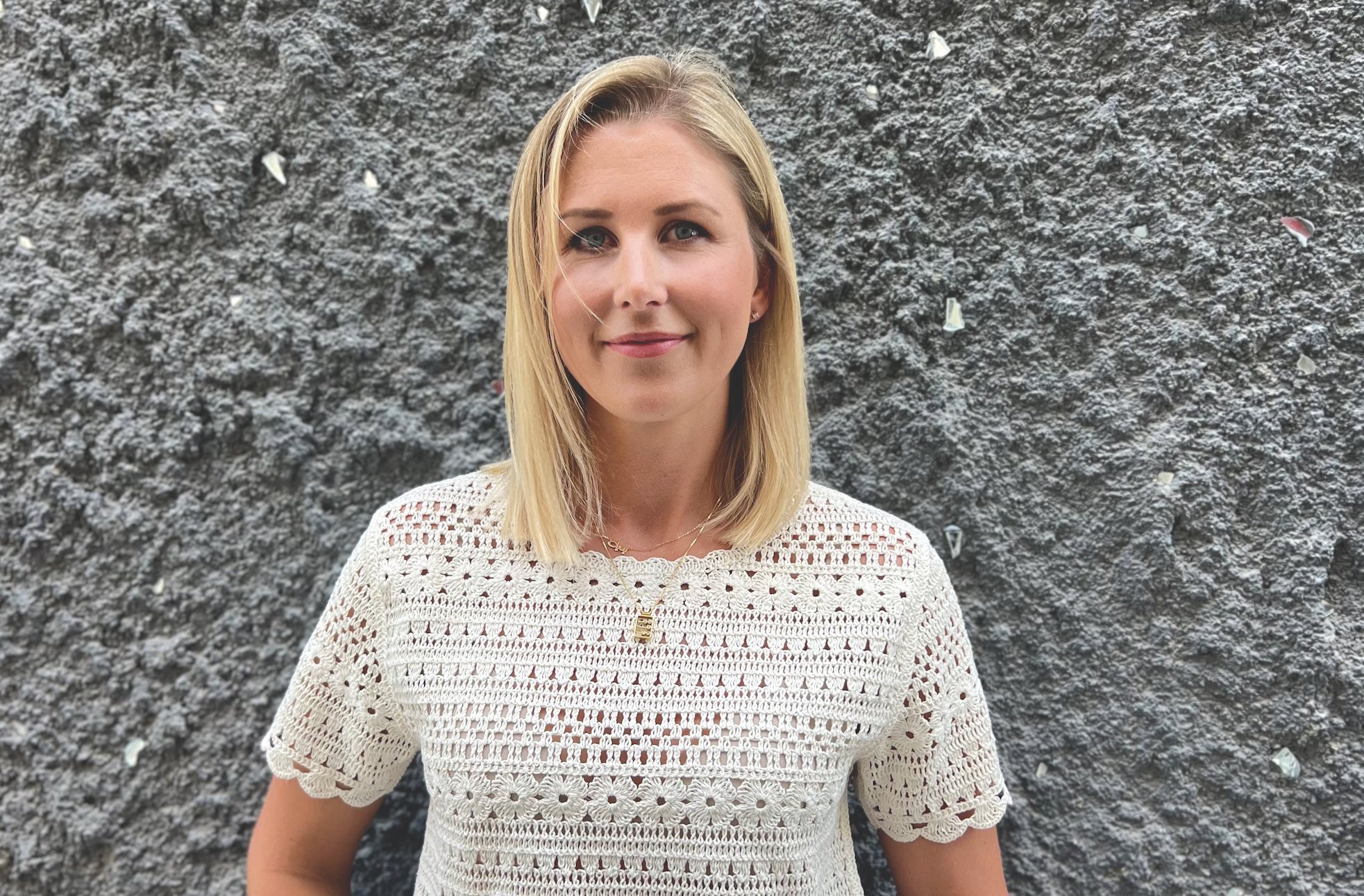
Jacquelyn Moulds
Client Engagement Director UAE, The Romans
I feel continuously encouraged by the increasingly inclusive portrayal of women in communications. But with this empowerment comes an overwhelming feeling of pressure, setting up unrealistic standards where women feel the need to be achieving, in all areas of life – including career, motherhood, marriage, fitness, beauty, friendships – to feel successful. I would like to see an equal focus on the representation of males and the many hats they also need to wear, because until the domestic and parental mental load is truly shared, equality will never be achieved.
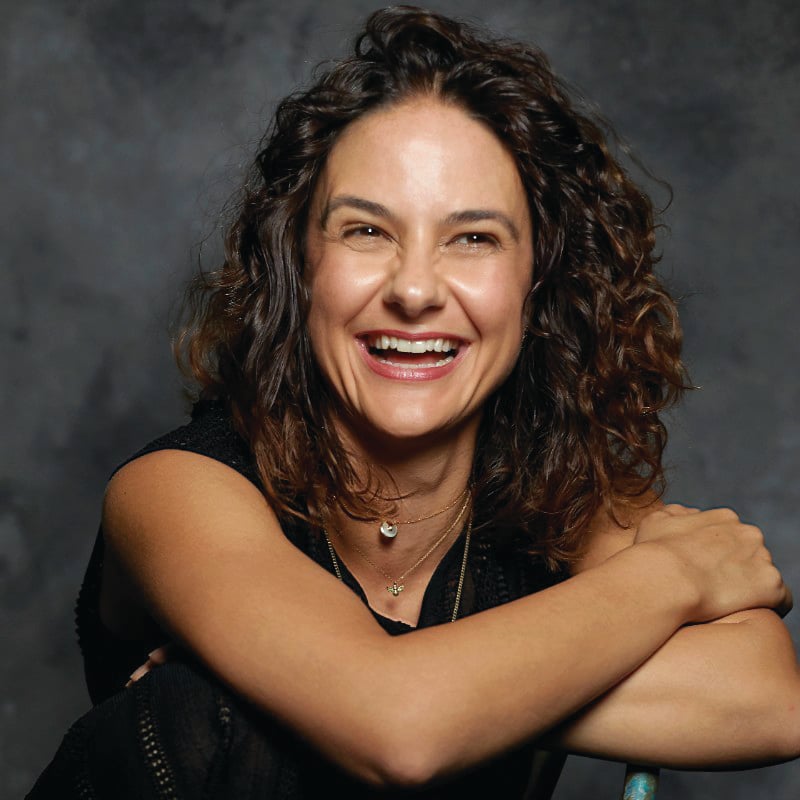
Linda Murphy
Chief Growth Officer, Tactical
I continue to find the portrayal of women in advertising troubling. The ‘girl boss’ mentality is outdated, yet it’s still being pushed as the ideal. It’s exhausting and unrealistic to be expected to excel in every area of life – career, motherhood, friendship, and everything in between.
Younger generations are already rejecting this toxic mindset, redefining empowerment through diverse roles, but most ads don’t reflect this shift. This narrow view celebrates burnout and judges any choice that isn’t ‘having it all’. Advertisers who care about connecting to a modern female audience need to catch up or risk falling out of favour. True success isn’t about fitting into a mould; it’s about celebrating choice and honouring each woman’s unique path.
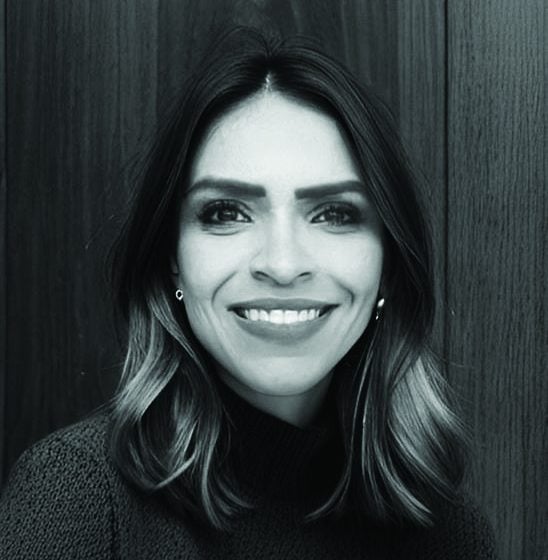
Manisha Bhatia
Head of Strategy and Planning, Impact BBDO KSA
We have come a long way.
From Silva Thins’ “Cigarettes are like women. The best ones are thin and rich” to Barbie’s “A doll can help change the world”, gender conversations in advertising are questioning stereotypes and challenging gender norms.
The P&Gs and Nikes of the world have played an important role in leading a conversation that showcases possibilities and potentials across both genders.
But they also pose a question: Are terms like ‘women empowerment’, ‘gender equality’ and the like becoming overused buzzwords? Are we over-explaining? Are we forcing it (think Paris 2024 Olympics)? Are we missing the point?
The portrayal of gender conversations still feels like a trend to jump on rather than a fundamental aspect of human expression; of what it truly means to be you; to celebrate the differences and similarities that we carry and receive equal opportunity; whatever gender one may be; rather than a conversation that leads to more disparity. That’s where true insight lies.
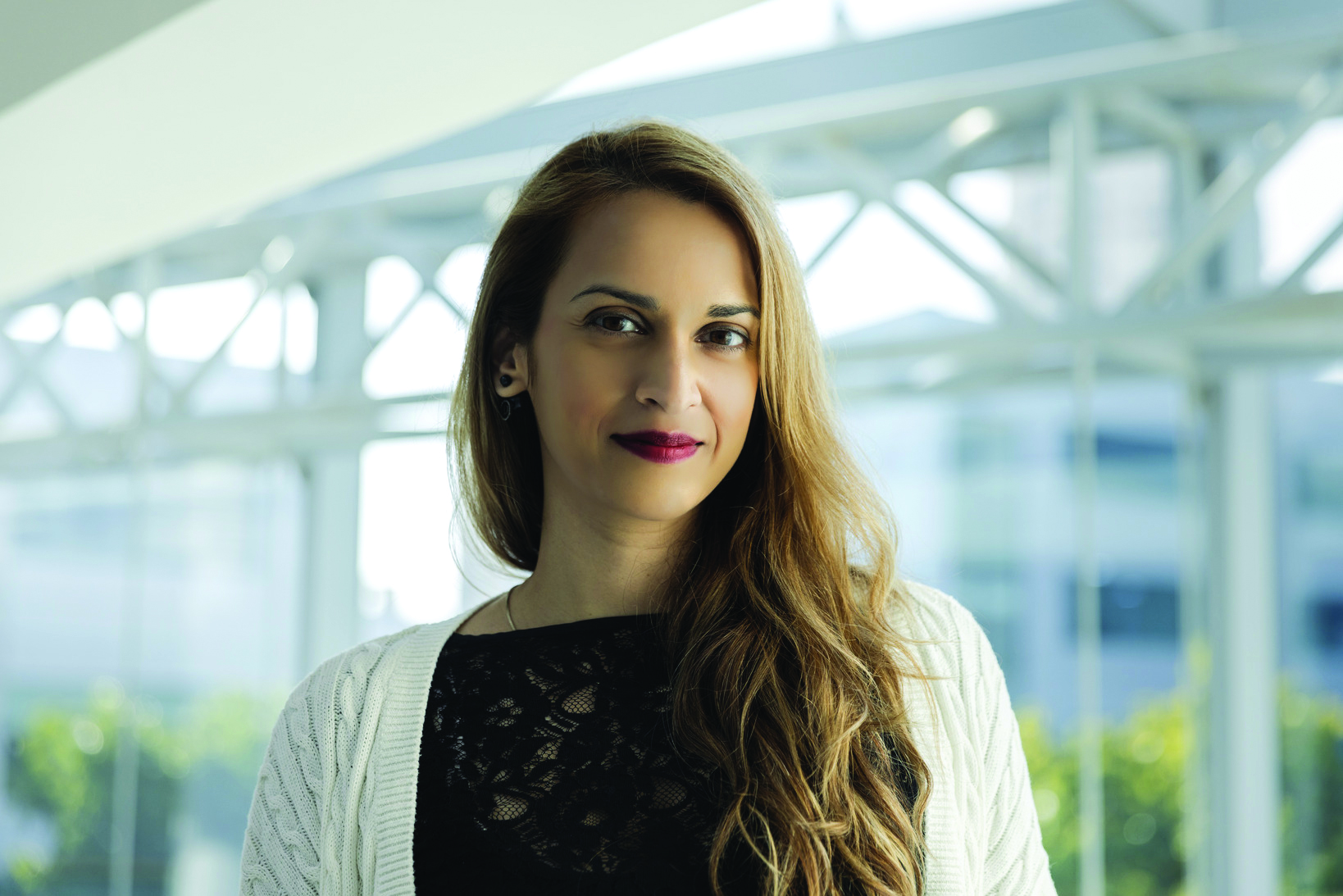
Jaimesha Patel
Managing Director, RAPP MENA
Over the past year(s), we have seen advertising embrace diversity and inclusivity, challenging stereotypes while reflecting broader societal changes. But these shifts are gradual. Even today, challenges persist in how genders are portrayed, particularly with the growing use of AI, which relies on decades of biased information.
Whilst I’m not responsible for building AI systems or for the data on which they are trained, as a female leader, I ensure we hire based on merit and foster an environment boasting equal opportunities for all. Our equally balanced leadership team is essential for holistic business decisions. Leading with transparency and operating with an inclusive mindset enriches our workplace and, subsequently, the approach we take to create meaningful content for our clients.









